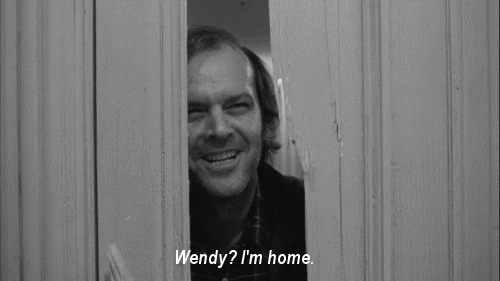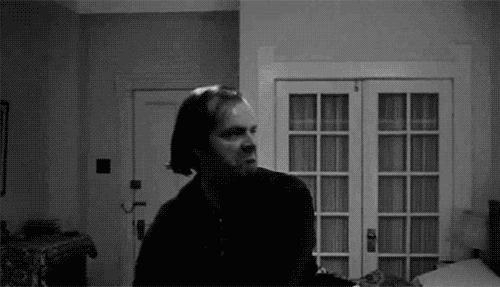4 Answers
is |iz|
third person singular present of be.
be |b?|
verb ( sing. present am |am|; are |är|; is |iz|; pl. present are;1st and 3rd sing. past was |w?z, wäz|; 2nd sing. past and pl. past were |w?r|; present subjunctive be ; past subjunctive were;present participle being |?b?iNG|; past participle been |bin| )
1 (usu. there is/are) exist: there are no easy answers | there once was a man | there must be something wrong | I think, therefore I am.
• be present: there is a boy sitting on the step | there were no curtains around the showers | Are there any castles in this area?
2 [ with adverbial ] occur; take place: the exhibition will be in November | the opening event is on October 16 | that was before the war.
• occupy a position in space: the Salvation Army store was on his left | she was not at the window.
• stay in the same place or condition: she was here until about ten-thirty | he's a tough customer— let him be .
• attend: the days when she was in school.
• come; go; visit: he's from Missouri | I have just been to Thailand | the doctor's been here twice today.
3 [ as copular verb ] having the state, quality, identity, nature, role, etc., specified: Amy was 91 | the floor was uneven | I want to be a teacher | father was not well | his hair's brown | it will be Christmas soon | “Be careful,” Mr. Carter said.
• cost: the tickets were $25.
• amount to: one and one is two | two sixes are twelve.
• represent: let A be a square matrix of order n .
• signify: we were everything to each other.
• consist of; constitute: the monastery was several three-story buildings.
4 informal say: when I got there, they were like “What are you doing here?”
auxiliaryverb
1 used with a present participle to form continuous tenses: they are coming | he had been reading | she will be waiting.
2 used with a past participle to form the passive mood: it was done | it is said | his book will be published.
3 [ with infinitive ] used to indicate something due to happen: construction is to begin next summer | I was to meet him at 6:30.
• used to express obligation or necessity: you are to follow these orders | they said I was to remain on board.
• used to express possibility: these snakes are to be found in North America | she was nowhere to be seen.
• used to hypothesize about something that might happen: if I were to lose | if I was to tell you, you'd think I was crazy | were she to cure me, what could I offer her?
4 archaic used with the past participle of intransitive verbs to form perfect tenses: I am returned | all humanity is fallen.
PHRASES
as/that was archaic as someone or something was previously called: General Dunstaple had married Miss Hughes that was.
the be-all and end-all informal a feature of an activity or a way of life that is of greater importance than any other.
be oneself act naturally, according to one's character and instincts.
be that as it may see may1.
been there, done that see there.
not be oneself not feel well.
-to-be [ in combination ] of the future: my bride-to-be.
PHRASAL VERBS
be about see about.
be off go away; leave: he was anxious to be off.
ORIGIN Old English b?on, an irregular and defective verb, whose full conjugation derives from several originally distinct verbs. The forms am and is are from an Indo-European root shared by Latin sum and est. The forms was and were are from an Indo-European root meaning ‘remain.’ The forms be and been are from an Indo-European root shared by Latin fui ‘I was,’ fio ‘I become’ and Greek phuein ‘bring forth, cause to grow.’ The origin of are is uncertain.
usage: For a discussion of whether it is correct to say that must be he at the door and it is I rather than that must be him at the door and it is me , see usage at personal pronoun.
I 1 |?|(also i )
noun ( pl. Is or I's )
1 the ninth letter of the alphabet.
• denoting the next after H in a set of items, categories, etc.
2 the Roman numeral for one.
PHRASES
dot the i's and cross the t's see dot1.
IS
abbreviation
Iceland (international vehicle registration).
ORIGIN from Icelandic Ísland .
| 12 years ago. Rating: 1 | |

 olekolekolek
olekolekolek
 daren1
daren1
 Dardaigh
Dardaigh
 whovin
whovin






 robertgrist
robertgrist




